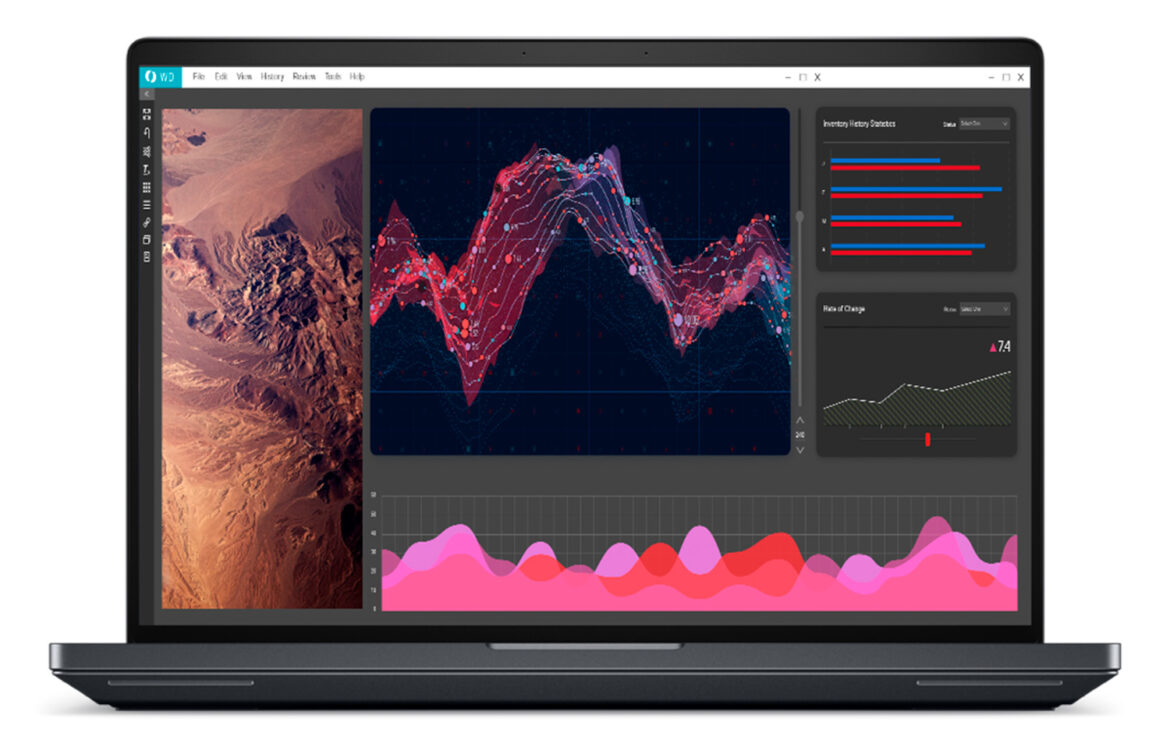Dell’s new Pro Max Plus workstation with Qualcomm AI-100 NPU brings enterprise-grade AI inferencing to mobile professionals at the edge.
Dell continues to expand its AI capabilities, announcing today the Dell Pro Max Plus, the latest addition to its revamped workstation lineup. This announcement coincides with the opening of Dell Tech World 2025, highlighting Dell’s increasing focus on AI-driven computing solutions.
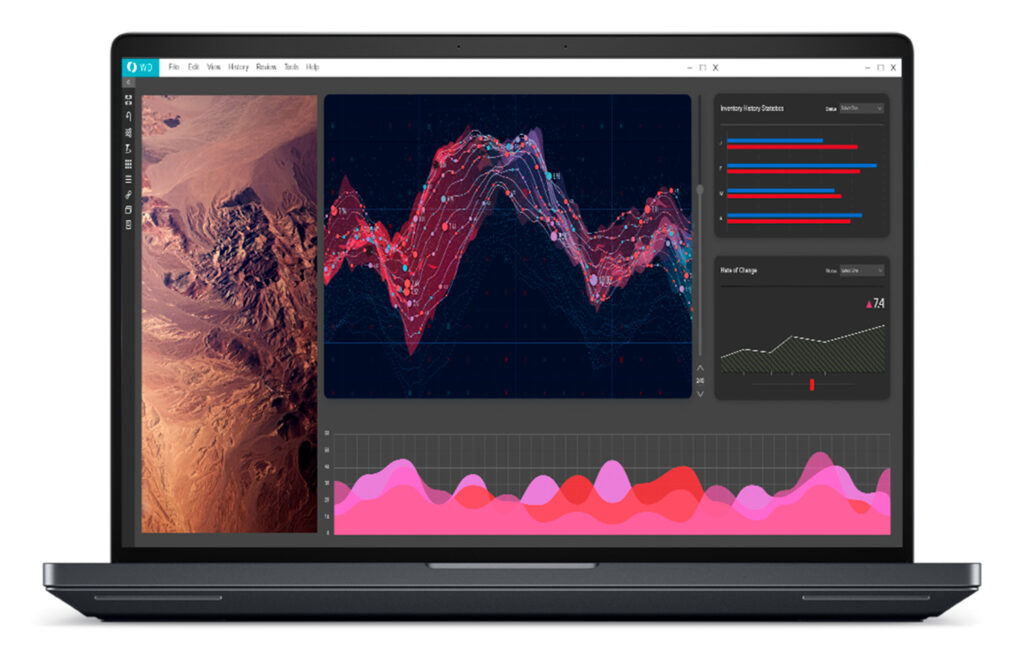
Dell Pro Max Plus Mobile Workstation
This announcement builds upon the momentum generated earlier this year at CES 2025. Dell introduced its new naming portfolio, streamlining product categories to enhance clarity and better align with customer expectations. Building on this clarity, Dell expanded its workstation lineup at GTC 2025 by introducing additional models to its Dell Pro Max series, significantly enhancing workstation performance and flexibility.
Originally unveiled at the beginning of the year, the Dell Pro Max lineup was designed to meet the escalating demands of modern AI workflows and has rapidly become a favorite among technology professionals. Key advancements included the introduction of the Grace Blackwell superchips, with GB10 and GB300 desktop workstations, which offered substantial enhancements in computing power and versatility for AI-intensive tasks, supporting models of up to 200 billion parameters on the GB10 platform and up to 460 billion parameters on the GB300 platform.
The Dell Pro Max Plus further enhances this series by introducing a groundbreaking first for mobile workstations: the Qualcomm Cloud AI-100 Inference Card, a discrete, enterprise-grade Neural Processing Unit (NPU) designed specifically for AI workloads at the edge. This marks Qualcomm’s significant entry into discrete NPUs for mobile workstations, greatly expanding the capabilities available to AI engineers and data scientists.
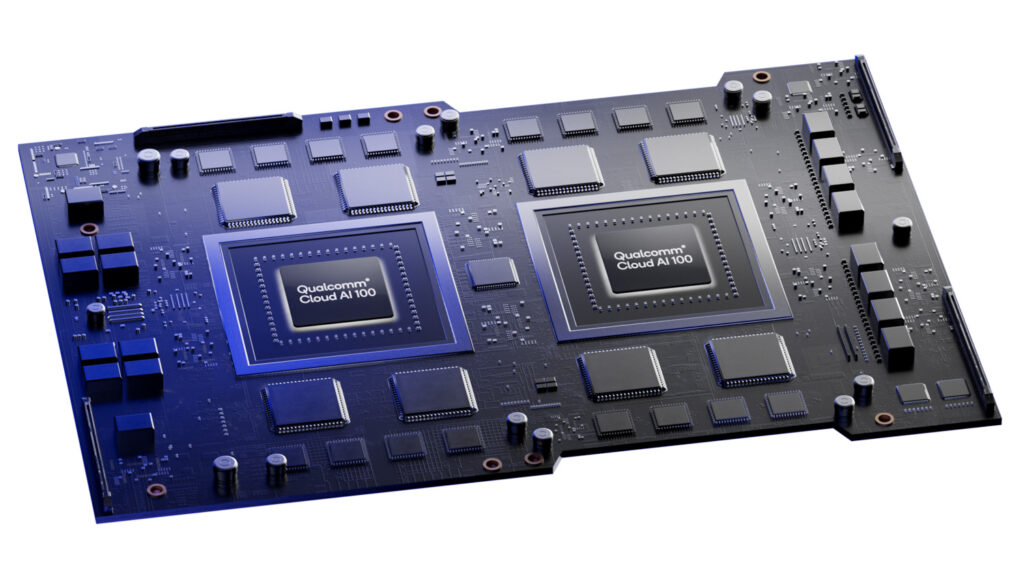
Qualcomm cloud AI-100 Inference Card with dual Qualcomm AI-100 Pro
The Dell Qualcomm cloud AI-100 Inference Card will feature dual Qualcomm cloud AI-100 chips, providing 32 AI cores and 64GB of LPDDR4x memory, with a TDP of 75W. This powerful hardware enables local handling of large language models (LLMs) ranging from 30 billion to an impressive 109 billion parameters. As a result, tasks traditionally dependent on server environments can now be executed directly on the workstation, improving data security and significantly reducing infrastructure costs for development.
Dell Pro Max Plus workstations leverage Intel’s Arrow Lake processors, offering a high-performance 55W TDP, up to 256GB of system memory, and storage options scaling up to 16TB SSD capacity. This robust configuration positions the Dell Pro Max Plus as an optimal platform for intensive AI applications, including chatbot development, digital co-pilots, and sophisticated AI agents.
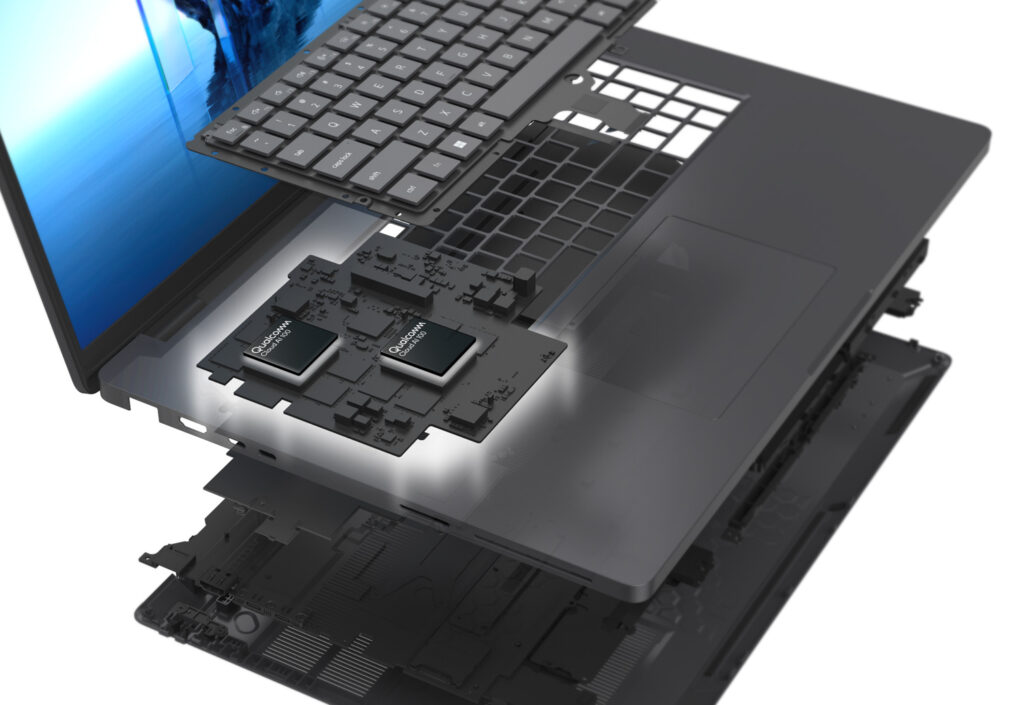
Dell also highlighted their collaboration with a healthcare company specializing in medical imaging, such as X-rays and scans. Solutions like the Dell Pro Max Plus enable healthcare professionals to operate advanced AI-driven diagnostic models in environments where access to server infrastructure is limited or unavailable, effectively placing powerful diagnostic tools directly into their hands.
Dell emphasized the numerous industry benefits of running large AI models directly on devices, noting that having compute resources and AI models co-located closely with data significantly reduces latency and enhances data security and privacy. By focusing on portability and efficiency, Dell aims to facilitate AI-driven innovations across various sectors, aligning with the ongoing expansion of the Dell AI factory initiative.
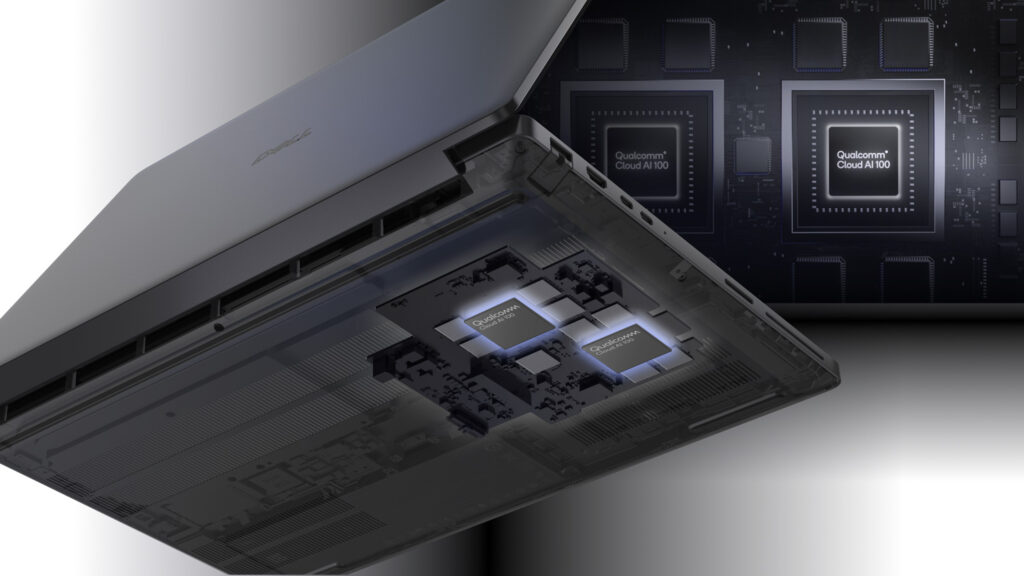
The Dell Pro Max Plus sets a new benchmark for mobile AI computing. It delivers enterprise-level AI capabilities directly into the hands of professionals, ensuring faster innovation cycles, enhanced intellectual property security, and cost efficiency for organizations rapidly entering the AI future. Dell Pro Max Plus notebooks are expected to be available in the second half of 2025, with configurations likely offered in 16- and 18-inch models.
Engage with StorageReview
Newsletter | YouTube | Podcast iTunes/Spotify | Instagram | Twitter | TikTok | RSS Feed

